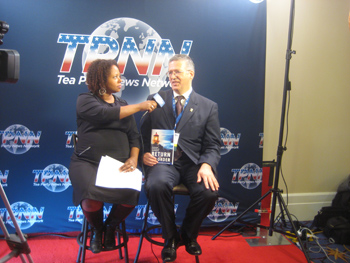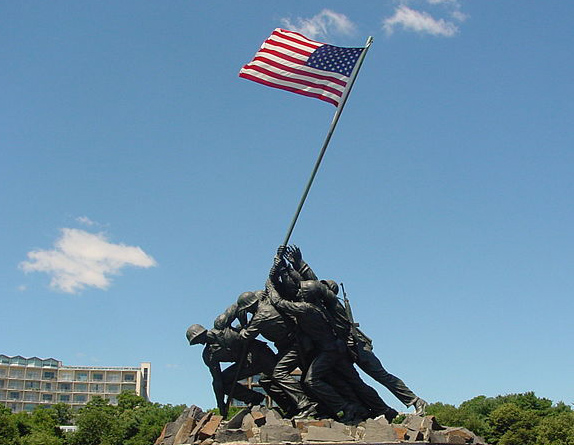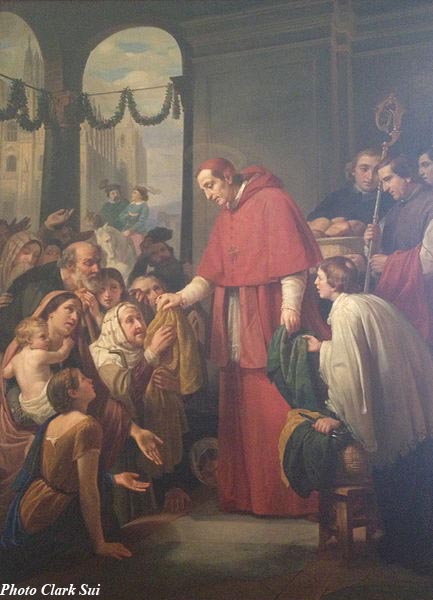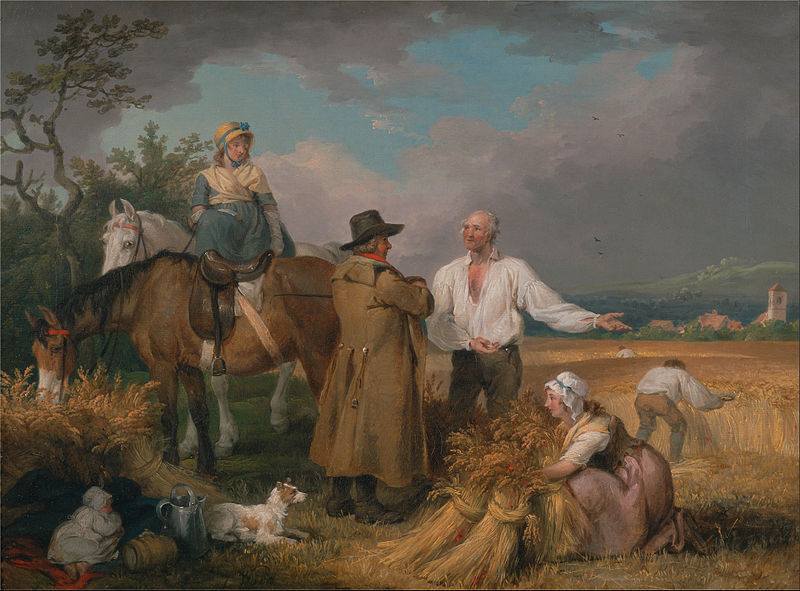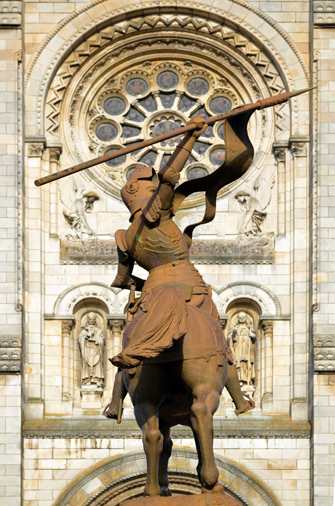Return to Order Earns Accolades at Multiple Book Festivals
Written by Linda Radke. CHANDLER, AZ (March 2014) – Return to Order: From a Frenzied Economy to an Organic Christian Society —Where We’ve Been, How We Got Here, and Where We Need to Go by John Horvat II has earned Honorable Mentions in the general-nonfiction categories at the 2014 Los Angeles Book Festival, 2014 Great … Read more





